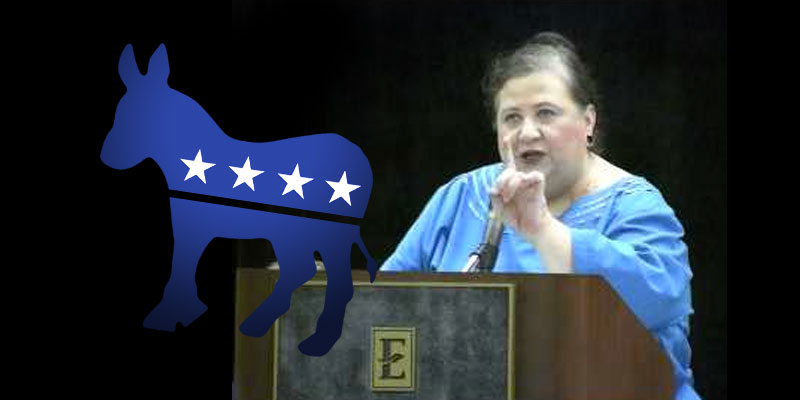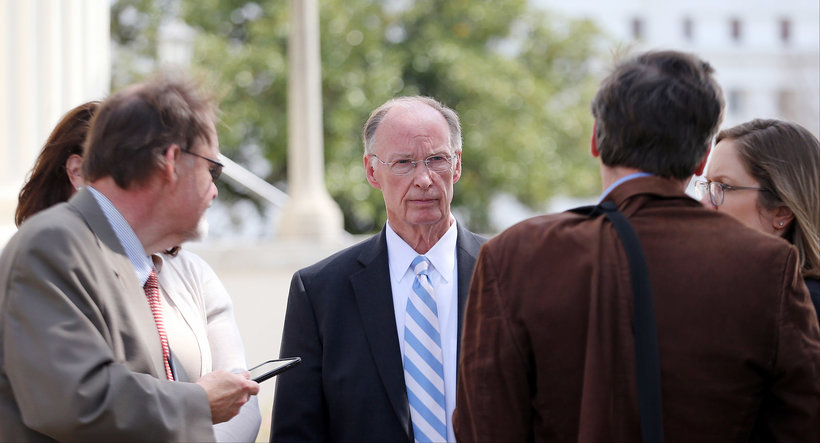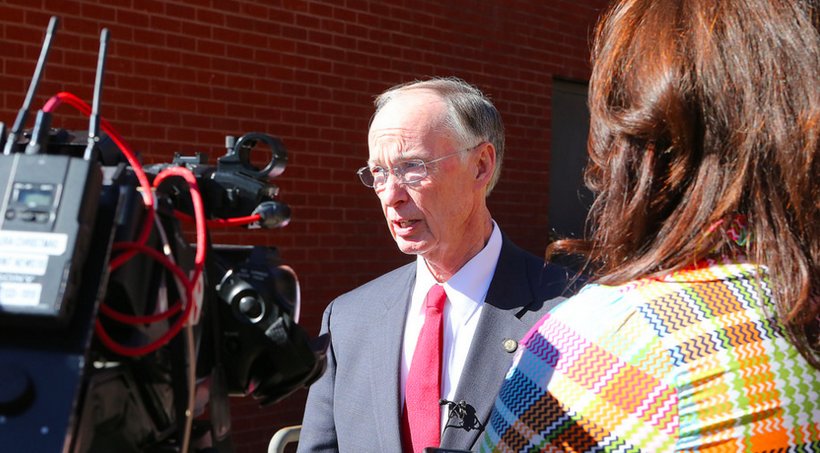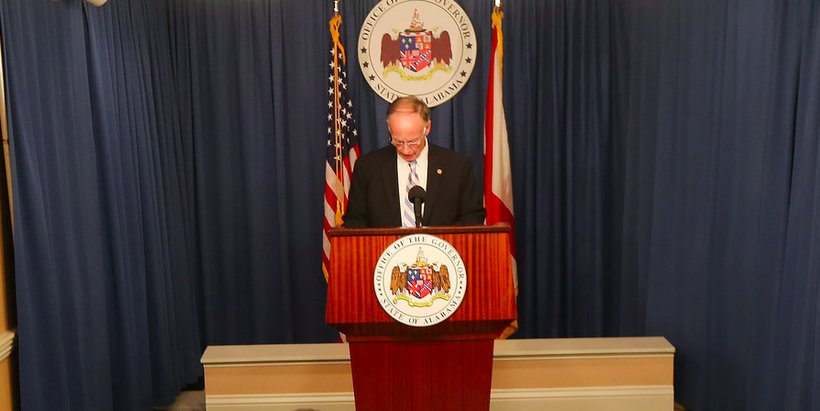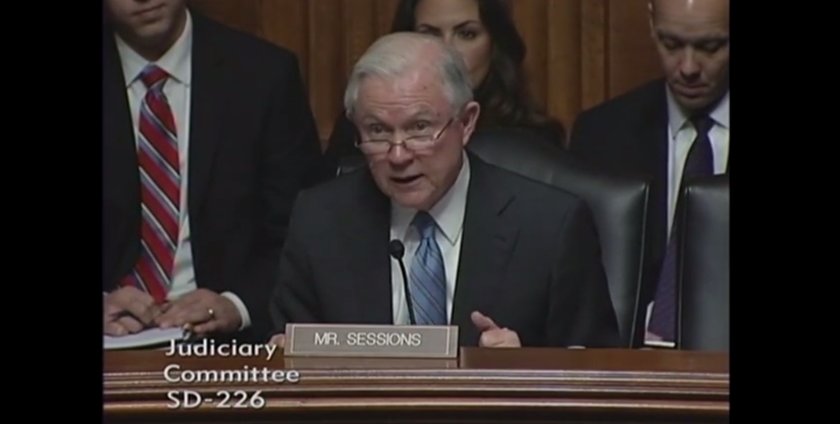
“Remember Domino’s Pizza? They admitted, ‘Hey, our pizza crust sucks.’ The Republican Party brand sucks and so people don’t want to be a Republican…”
That was Sen. Rand Paul’s brutally honest assessment of how voters perceive the Republican Party nationally. People don’t often think of political parties as brands, but similar to how consumers snap up Apple products, drink Coca Cola and purchase Nike shoes, voters tend to pull a certain lever in the voting booth because they generally know what they’re going to get.
Buy an Apple product, even if you’ve never tried it, and you’re presumably getting an easy-to-use piece of technology that’s elegantly designed and, as Steve Jobs once put it, “just works.” Vote for a Democrat, even if you don’t know much about them personally, and you’re presumably getting a politician who supports higher taxes on the “wealthy,” wants to increase access to abortions, advocates for same-sex marriage and pushes to expand social welfare programs.
Brands really, really matter.
I don’t know much about building a deck, but if I ever decide to give it a shot, I’ll use Yellawood pressure treated lumber. Even though I’m not an expert, I know it’s trustworthy. If I’m on a road trip, I’ll pull off of the interstate and eat at Cracker Barrel because I know exactly what I’m going to get — it’s always consistent.
Trustworthiness and consistency: Whether you’re building a company or trying to grow a political party, no two things could be more important to maintaining and growing your brand.
Leading into the 2010 election cycle, the Democratic Party’s brand in Alabama was so bad that Republicans’ entire campaign strategy centered around finally toppling Democrats’ century-old stranglehold on the state legislature.
And once Republicans were swept into power — with their brand of lower taxes, limited government and traditional family values — they set to work reforming state government with the widespread support of the voting public.
Government consolidation and streamlining initiatives were pushed through. State government shrunk at the third fastest pace in America. School choice became a reality for the first time for many Alabama families. Pro-life legislation advanced in the Legislature for the first time in decades.
Voters rewarded Republicans be expanding their majorities in the House and Senate to unprecedented levels in 2014. The Republican brand appeared to be strong. The main concern was that, with the Democratic Party no longer viable in most parts of the state, ambitious politicians who would have traditionally aligned with the Democrats would feel compelled to run as Republicans and water down the brand.
But while that happened in a few cases, it is not those “Republicans” who now seem to pose the greatest threat to the GOP brand in Alabama.
Most notably, Republican Gov. Robert Bentley, who ran on a “No New Tax” promise and even signed a pledge to Alabama voters that he would not raise their taxes, turned around after winning re-election and proposed a massive $541 million tax hike.
That move alone threatens to shatter the most well-known plank in the GOP platform. Even if you knew literally nothing about a candidate other than that she is a Republican, you could rest assured that at the very least you weren’t voting for someone who would raise your taxes. It’s the single most uniting issue for the GOP. Even as Republicans diverge on various issues ranging from foreign policy to gay marriage, an aversion to tax hikes seems to unite them all.
Bentley’s move was doubly damaging to the Republican brand in Alabama because not only did it break away from the consistent GOP position of lower taxes, the way he went about it — breaking his promise only after voters had re-elected him and no longer had any recourse — also hurt the party’s trustworthiness.
Another promise Gov. Bentley made, along with his Republican colleagues in the legislature, was that the state would repay $437 million borrowed from the Alabama Trust Fund over a three year period, ending this year. Voters approved a constitutional amendment allowing the money to be borrowed based on the promise that it would be paid back on a certain schedule. Now some Republicans are wanting to break that promise by no longer paying the money back on time.
The governor also promised not to expand Medicaid, but now appears open to expanding the government healthcare program under certain circumstances.
Medical marijuana bills are being debated after languishing for years, even under Democratic control. And most recently, Alabama Republicans, many of whom have for decades derided gambling as a scourge on society, are now proposing Vegas-style gambling and a lottery as the fix for the state’s budgeting woes.
All of that combined compelled Democratic House Minority Leader Craig Ford to exclaim that, “Maybe Democrats won the 2014 elections after all!”
Alabama Republicans are facing some extraordinarily difficult choices this year, some of them due to more than a century of Democratic failures. But voters put the GOP in power because they believe policies based on the principles Republicans campaigned on are the solution for these problems. Republicans should remember that if they hope to maintain the brand loyalty they have built with Alabamians, otherwise it pretty much won’t matter anymore what letter is beside a candidate’s name — voters will know they’re probably just getting more of the same.
Fortunately many of the things mentioned above are still only proposals, leaving time for Republicans to make tough choices that are consistent with their brand.
The bottom line is this: 2015 will either be remembered as the year it really mattered that Republicans were in control in Alabama, or the year it quit mattering at all.
Like this article? Follow me on Twitter and let me know what you think.
— Cliff Sims (@Cliff_Sims) December 3, 2014







